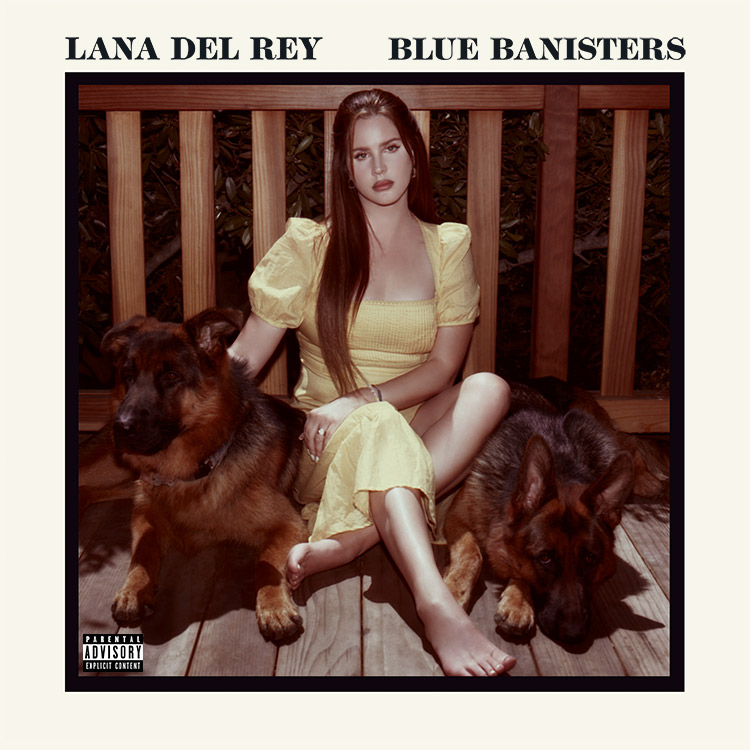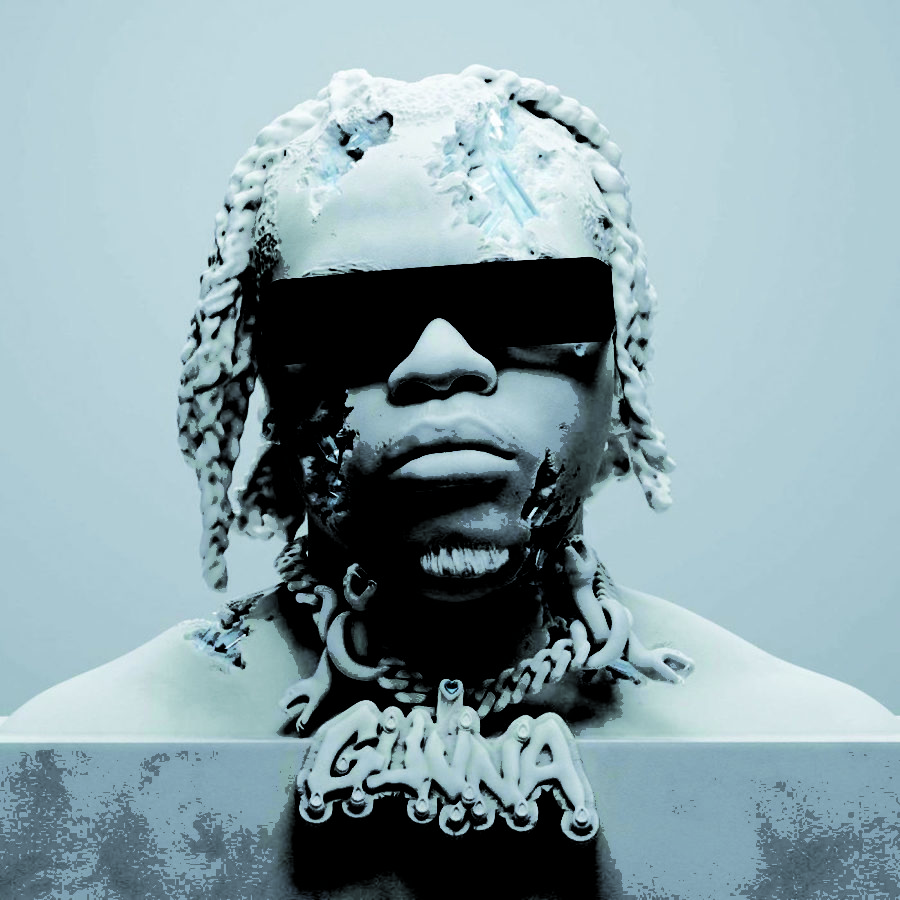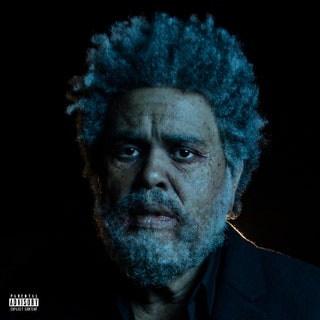“I’m an invisible monster, and I’m incapable of loving anybody. You don’t know which is worse.”
Chuck Palahniuk’s “Invisible Monsters: Remix” is a grotesque, biting look at the fashion industry and modern standards of beauty. Palahniuk, known for writing gritty surrealist novels such as “Fight Club” and “Damned,” brings his best work to the story of a fashion model disfigured by a tragic “accident.”
The original novel, “Invisible Monsters” was initially published in 1999 and re-released in 2012 as “Invisible Monsters: Remix,” adding 10 chapters’ worth of new material and a puzzling mix-up of chapters.
The chapters, according to the introduction by Palahniuk himself, are supposed to read like a fashion magazine, easy to be lost in and leaving the reader never truly knowing how many pages they have left. Some chapters are even set in reverse print, requiring the use of a mirror to be read properly. While these ideas are fascinating, often I felt so distracted by the flipping of the pages and finding the new material that I didn’t get lost in the book: I just lost my place.
The story begins with a fashion model, Shannon McFarland, who has had her face completely disfigured in an “accident.” Upon meeting transsexual Princess Brandy Alexander, she finds a new lease in the love and hatred stirring inside of her for “Princess BA” and travels across the country under a plethora of disguises gathering hormones, selling stolen prescription painkillers and trying to sabotage her ex-fiance, Seth.
The book is a harsh and unforgiving read, much like Palahniuk’s usual style, and isn’t for the faint of heart. Palahniuk bites into the harsh reality of the human psyche and never backs away from controversy, speaking to parental guilt over their dead homosexual son whom they disowned, obsession with the one who could never reciprocate love, betrayal by one’s best friend and the desire to be loved despite extenuating circumstances.
“Nothing of me is original. I am the combined effort of everybody I’ve ever known,” said Shannon upon realizing her fate.
It also speaks on the futility of the idea of beauty quite poignantly, discussing how in the name of capitalism women are often exploited to advertise commercial products of all kinds. At one point in the novel, Princess Brandy Alexander advises Shannon to not watch herself too closely.
“Times like this, it helps to think of yourself as a sofa or a newspaper, something made by a lot of other people but not made to last forever,” Princess BA said.
While the book may have been grating, I enjoyed Palaniuk’s rough style and no-nonsense writing. I would recommend this book to anyone with an open mind, a love for seriously biting wit and a passion for tenacious literature.



























